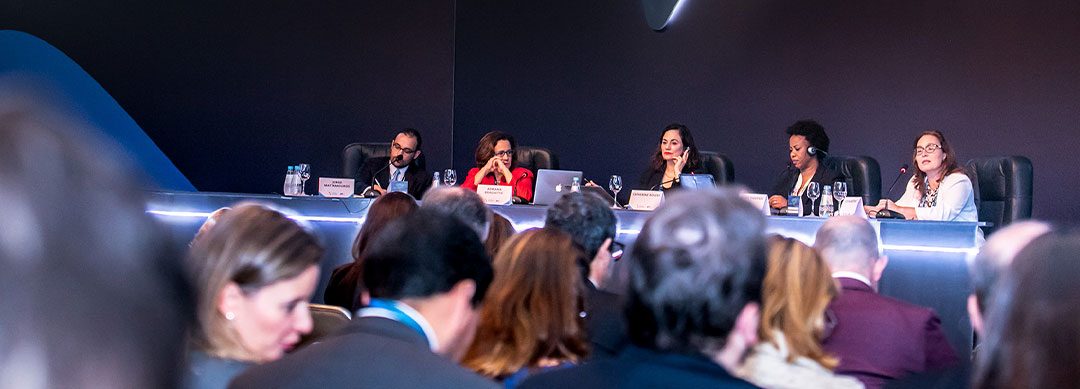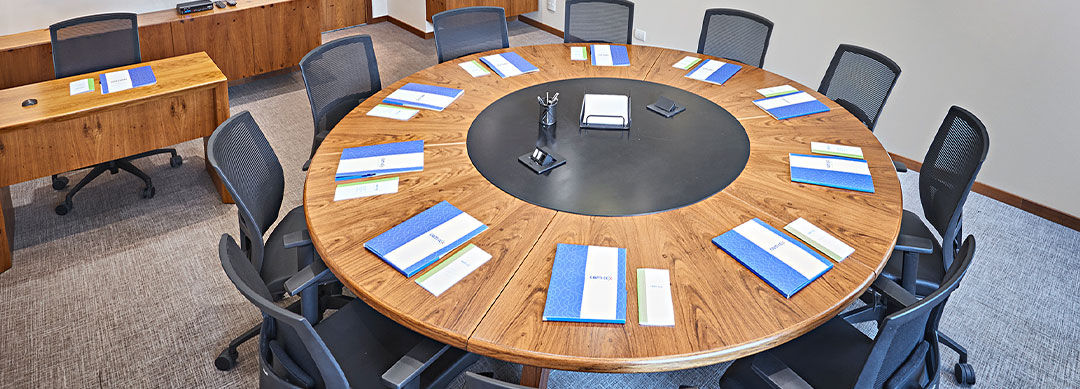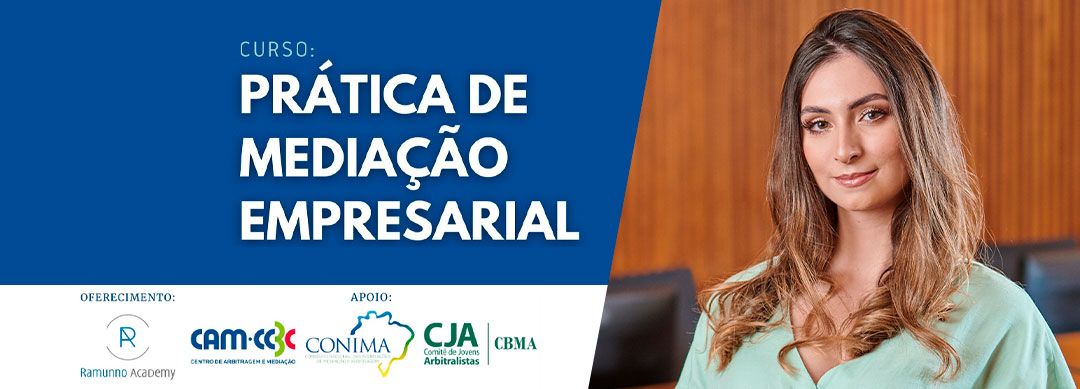The program of the VII CAM-CCBC Arbitration Congress will bring multiple views on the main topics that impact on the activity and trends for the future
By Sérgio Siscaro
A broad view of the arbitration universe, going through topics such as its use by the Brazilian Public Administration, the need to promote diversity and trends for the future of arbitration. These are some of the topics that appear in the program of the seventh edition of the CAM-CCBC Arbitration Congress, which will be held on October 19 and 20.
The event, which brings the novelty of being held in the digital format due to the pandemic of the new coronavirus, will bring together a group of experts, Brazilians and foreigners, who will conduct vibrant discussions in the two days of the Congress.
First day: current trends
October 19 will be dedicated to today’s debate of arbitration, addressing urgent issues currently. The first panel will address issues related to arbitration and the Brazilian Public Administration, in particular on possible developments in the post-pandemic scenario.
With the moderation of Gustavo Fernandes, from Tauil & Chequer Lawyers firm, the panel will have as participants the Coordinator of the Specialized Center for Arbitration of the Federal Attorney General (AGU), Paula Butti; the Associate Federal Prosecutor General of Exploration & Production of the National Agency of Petroleum, Natural Gas and Biofuels (ANP), Artur Watt Neto; the Prosecutor General of the National Agency of Land Transportation (ANTT), Priscila Nascimento; and professor of Private International Law at the State University of Rio de Janeiro (UERJ), Marilda Rosado de Sá Ribeiro.
In the evaluation of the Institutional Development team of CAM-CCBC, the use of arbitration by entities of the Direct and Indirect Public Administration has led the Center to continuously improve its structure and standards to manage in a better way cases of this nature. With the Covid-19 pandemic, several issues were revised, such as the analysis of the economic-financial rebalancing of contracts, and this debate could not be absent in the Congress.
The next panel will put on the agenda the importance of diversity in arbitration. With the moderation of Flávio Spaccaquerche, from Mattos Filho, Veiga Filho, Marrey Jr. and Quiroga Lawyers firm, the international arbitrators Lucy Greenwood, Mélida Hodgson, Rashda Rana and Tafadzwa Pasipanodya will participate in the discussion, and will contribute with their various perspectives of the arbitration market.
By selecting diversity as one of the topics of the Congress, the CAM-CCBC Academic Committee structured a panel aimed at discussing the subject in the Brazilian and international arbitration scenario, proposing reflections also on the advantages it offers for the decision-making process of arbitrators and procedural efficiency. In addition, the discussion becomes more urgent to the extent that, despite significant advances in the representativeness of women in arbitration, much remains to be done for the inclusion of other groups in the community.
Second day: the future
On October 20 the discussions aim to outline the trends of arbitration for the coming years. The first panel – which will be moderated by Maurício de Almeida Prado, from the L.O. Baptista law firm – will address the future of advocacy in international arbitration, and will have as participants the senior advisor of Albright Stonebridge Group, Marike Paulsson; the founding partner of MG Advogados, Manuel Gonçalves; the partner of the law firm King & Spalding, Javier Rubinstein; and, to be confirmed, the head of the International Arbitration area of Quinn Emanuel Urquhart & Sullivan, Stephen Jagusch.
The last panel of the Congress will be dedicated to the new level of efficiency in arbitrations. The Secretary General of CAM-CCBC, Patrícia Kobayashi, will integrate the panel with the moderation of the partner of Pinheiro Neto Advogados, Gilberto Giusti, and the participants will be the partner of the law firm Derains & Gharavi, Ana Gerdau de Borja Mercereau; the professor of Law at Sciences Po de Paris, Diego Fernández Arroyo; and the partner for the international disputes resolution of Squire Patton Boggs, José Ricardo Feris.
Stimulation to reflection
The CAM-CCBC Arbitration Congress is well known for fostering practical discussions about the arbitration institute, concerned with the promotion of useful reflections and offering effective contributions to the development of the national and international market. This year will not be different. The Academic Committee has carefully selected the topics and speakers to address the most current topics and trends of arbitration.
As an integral part of this strategy of disseminating knowledge and stimulating the exchange of experiences by the arbitration community, the Congress will also mark the opening of the third São Paulo Arbitration Week (SPAW) – an event that will take place from October 19 to 25.





